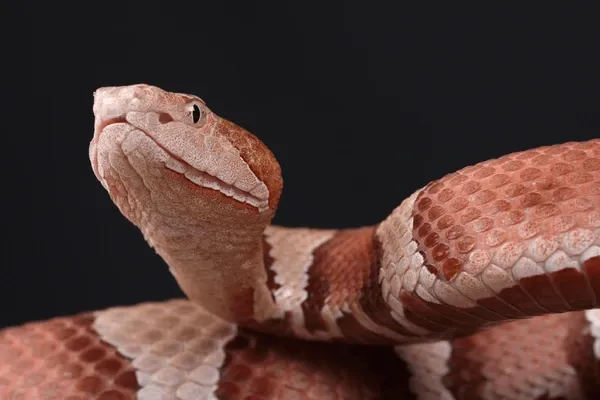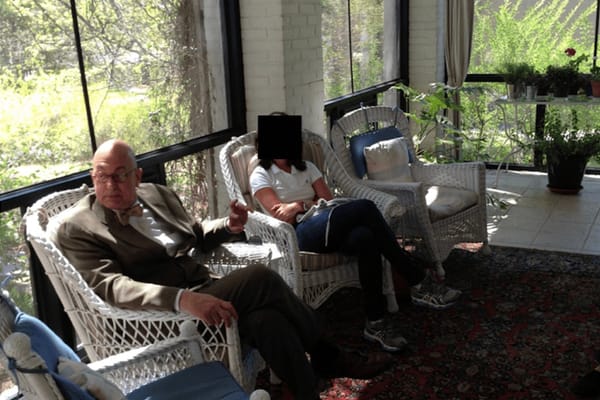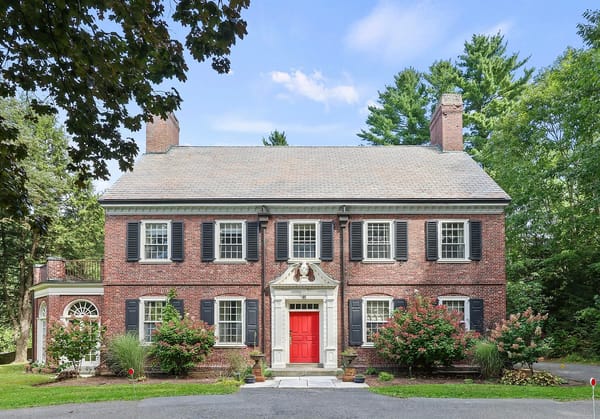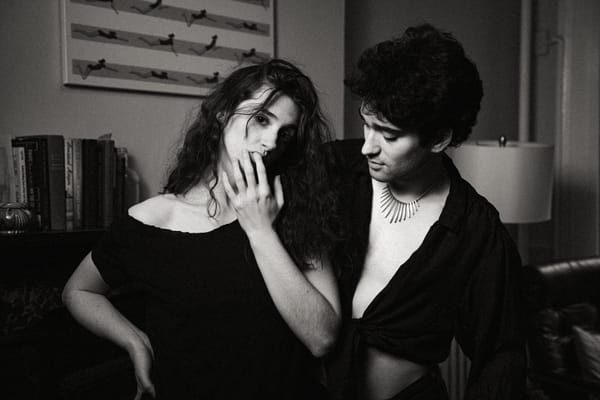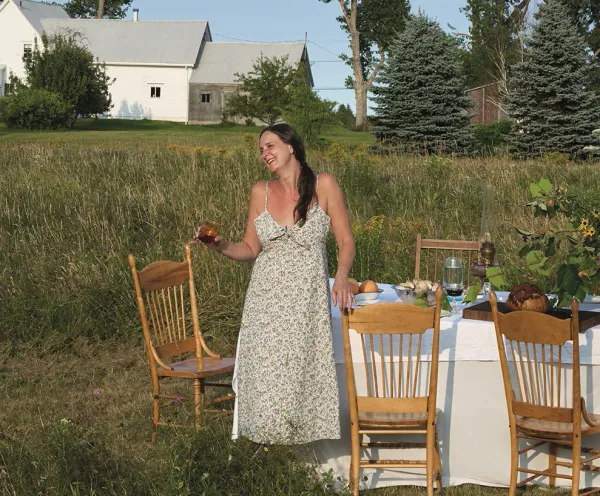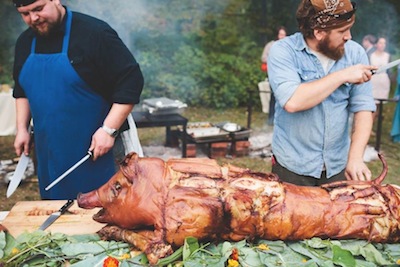
James Burden at left, with business partner Jazu Stine
Born and raised in Massachusetts, James Burden returned to the area as an adult and embarked upon a career in the food industry. After many years of working in everything from culinary arts to hospitality, he opened Red Apple Butchers in April, located in Berkshire Organics (the former Burgner's Farm in Dalton, MA). James and his business partner, Jazu Stine, have a firm business model that sets them apart from big box butchers: supporting local farmers with values, and being easily available and accessible to their customers. They became a big hit with locals this summer, and now media outlets like The Boston Globe and The Huffington Post are also singing their praises. We suggest you get your tickets to their October 4th Here's The Beef! six-course burger dinner before it sells out! I've worked all over and been involved in all different aspects of the food service industry, from bartender to chef, from deli work to fine dining. I've really seen the insides and out of this business. Before opening Red Apple Butchers, I was working at Barrington Coffee Roasting Company as a coffee assistant. I had looked into a few business opportunities in the area, and some of them went in directions that weren’t viable options. It took a lot of projects and looking around to see what was needed in the area. We support the ideal of local meat. We respect and love the mission of the Meat Market in Great Barrington, but we realized there was a need for a small butcher shop in the Central Berkshires. We talked to the owners of Berkshire Organics — Brian and Alicia Gibbons — at length about the need for a great meat program at their market, but one that would still allow us to exist as a separate entity. We saw this as a great opportunity since the store already had great foot traffic. We received a lot of support from the community, officially opened this past April, and have had a great summer. When you buy meat from us, we tell you where the farm is located, what the animals ate and, most importantly, what they didn't eat, in terms of antibiotics. We care about where we source our meat deeply, so the vetting process is extremely important because we have to trust the farmer we're getting meat from, and be able to visit the farm and see what's happening whenever we want. When we find a new farm, we really scrutinize and discuss the product. If it all works out, we really celebrate the farm because they’re raising animals in a certain way because they believe there's a need for it. And in return, the farms are being helped and the farmer's family is being fed. Going about it this way is not a trend at this point; it's an ethical movement. What's going to save America is small-batch producers doing a kick-ass job. It's about getting back to well-crafted, small-batch business that's not just about production at the lowest cost, with a compromise on quality. In big box supermarkets, everything is pre-made and set aside, so you can't always get what you want. But we customize everything and will do whatever we can to help you make something special happen, whether it's cutting meat or coming to your house and cooking.

